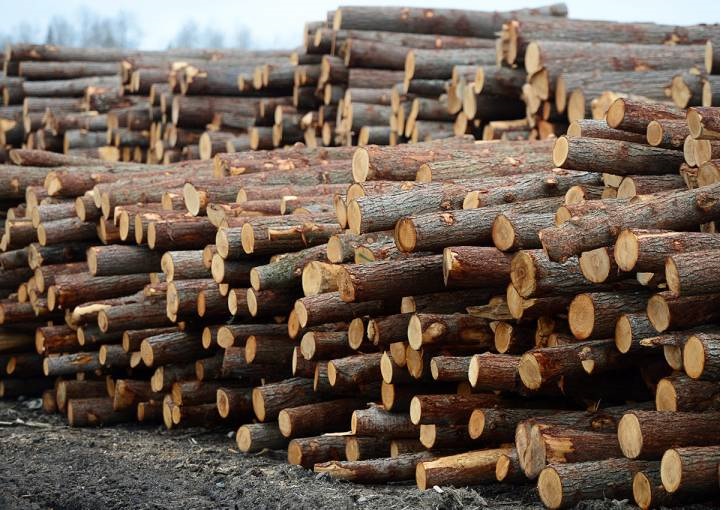The vessel MV Chintana Naree has anchored with 15,000 tonnes of logs which mainly comprises Eucalyptus to be used for manufacturing plywood, said R Dileep, Director of Aaron Logistics, the handling agent of the ship.
The port has extended all support to receive the cargo by offering incentives and ensured discount on vessel related charges and storage rent to reduce the handling cost. The trade unions have also extended support to reduce the handling cost so as to get a regular volume shipment which will benefit them to give regular employment to workers, Dileep said adding that the unloaded cargo will be moved by road to plywood manufacturing units.
Plywood manufacturing in Kerala
In earlier days, the port used to get shipments of logs that had arrived mainly from Burma and African countries. Most of these cargos were of hard or heavy wood used for building material and furniture, he said.
Babu Saidali, district treasurer of Plywood Manufacturers Association said the shortage of rubber based woods and its steep prices facilitated the association to go for log imports. Eucalyptus, silver oak, and diladubia are some of the woods imported by plywood manufacturing units to reduce production cost.
Currently, the cost of rubber wood trees has reached ₹8500-9000 per tonne, making it unviable for companies to offer a minimum standard in plywood manufacturing. The association is also looking at options to import logs not only from Brazil but from African countries, Sri Lanka where the prices are comparatively cheaper and ensure a viable business proposition for the plywood manufacturing industry, he said.
It may be recalled that United Planters Association of South India (Upasi) suggested a robust policy mechanism to integrate agro-forestry in Kerala plantations by allowing silviculture. This would make Kerala a leading timber producer and exporter. According to the planters’ body, Kerala was the leading State for tree plantation in 1980’s and accounted for 10 per cent of tree plantation in the country. World’s first scientific silviculture plantation was established in Kerala in 1840, which is popularly known to the world as “Connolly Plantation”. However, over more than 40 years now, Kerala has been experiencing low timber production and has become a net importer to meet its own wood requirements.







